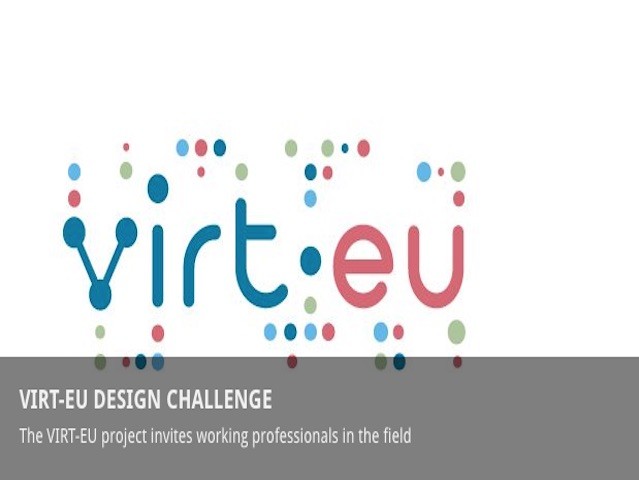Enter the VIRT-EU Design Challenge
The final will be held at ORGCon, the UK’s largest human and digital rights conference, where former US intelligence officer and whistle-blower Edward Snowden will be remotely delivering a speech about mass government surveillance. “We share our space, our information, and our devices in complex ways, even as we simply try to get through ordinary life,” says Irina Shklovski, coordinator of the VIRT-EU project, which is creating tools and activities that help IoT developers bring ethics into their conversations. “We want people to think about how we can use connected Internet of Things systems and products to re-imagine collaborative and communal living that is sensitive to differences between members of these living spaces. How might we design for supporting the infinite diversity of human social configurations?” Participants can submit their initial concepts now. VIRT-EU will respond with feedback and provide access to its custom tools to support the last stage of concept development. June 20th is the final deadline for full concept development, including a technical diagram, user storyboard and business plan. Finalists will be announced between June 24th and June 27th, and will be invited to present their concepts as part of ORGCon 2019 on 13 July 2019 in London. The winning team will receive £1200, while the runner-up will receive £750. Both will receive an hour of one-to-one mentoring from an IoT industry leader. Find out more about the challenge here: https://designchallenge.virteuproject.eu/ VIRT-EU – Values and Ethics in Responsible Design in Europe The VIRT-EU project is creating tools and activities that help IoT developers bring ethics into their own conversations. When developers talk about the things they create and how to manage and respond to data, they negotiate and enact ethics. VIRT-EU seeks to identify and intervene in the ethical processes enmeshed within technological innovation, particularly addressing sensing technologies that collect and algorithmically process personal data. To achieve this, the project is analysing and mapping the ethical practices of European hardware and software entrepreneurs, maker and hacker spaces, and community innovators. Using state of the art social science, humanities and ICT methodologies, the project has developed new ways of collaborating across different methods and fields. The aim is to identify and understand the ethical and social values of IoT innovators as they consider data and human behaviour, to trace how these values manifest in design decisions, and to generate tools that enable ethical and social self-assessment in practice.
Keywords
VIRTeu, Internet of Things, IoT, Technology, Ethics, Design Challenge, ORGCon, Edward Snowden



